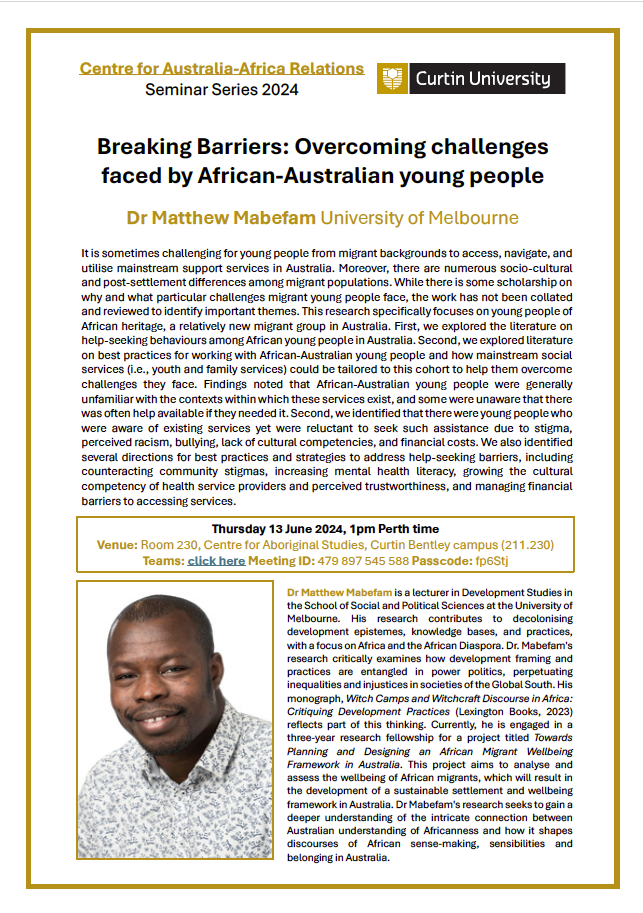Categories
-
ANU Africa Network
Posted on
by
This website was established in 2013 by David Lucas, and renovated and relaunched in 2020 as part of a project to increase awareness of Africa and African studies in the ANU and the ACT, funded by the Australian Government’s Department of Foreign Affairs and Trade.
Another outcome of that project was a major research report, published in August 2021, African Studies at the Australian National University and in the Australian Capital Territory, analyzing the past, present and future of the study of Africa at the Australian National University and the wider Australian University sector.

The major innovation on this updated website is the creation of the ACT Africa Expert Directory which lists experts on Africa from institutions around the ACT, primarily the ANU. We will continue to curate this list, offering a key resource for media, government and non-government organizations seeking expert facts and opinions on Africa. Individuals can request to be added to the list by contacting the website managers.
Another notable addition is the expanded directory of PhD theses on Africa produced in the territory’s universities, a solid measure of the vitality of the study of Africa in the city of Canberra.
Reviewing these directories, it is revealing to note that the vast majority of research on Africa is produced by disciplinary experts (environmental scientists, economists, demographers, etc.) rather than area studies experts. This means that the study of Africa is woven into the fabric of the research culture of the ANU and the ACT’s other universities in ways that are not necessarily apparent.
-
Elijah Buol, OAM
Posted on
by
Elijah Buol, who is currently completing a doctorate in law at the ANU, was appointed CEO of Act for Peace in 2024.
https://actforpeace.org.au/articles/new-incoming-ceo-to-champion-the-voice-of-displaced-people/
-
Breaking Barriers: Overcoming challenges faced by African-Australian young people
Posted on
by
By Dr Matthew Mabefam (Melbourne University)

This Thursday, June 13, at 1pm Perth time, the Centre for Australia-Africa Relations at Curtin University will host a seminar by Dr Matthew Mabefam, a lecturer in Development Studies and Melbourne Postdoctoral Research Fellow at the School of Social and Political Sciences. Dr Mabefam is visiting the Centre for Australia-Africa Relations at Curtin University this week and will discuss Breaking Barriers: Overcoming challenges faced by African-Australian young people.
The seminar is open to all to join either physically or virtually.
Venue: Room 230, Centre for Aboriginal Studies, Curtin Bentley campus (211.230)
Teams Meeting ID: 479 897 545 588
Passcode: fp6Stj
-
Fekerte’s Ethiopian restaurant to close
Posted on
by
Bad news for ANU students and many others. According to The Canberra Times of 30 May 2024 Fekerte Tesfaye is to close her restaurant after introducing Ethiopian cuisine to Canberra over 30 years ago. The closing date is not stated.
